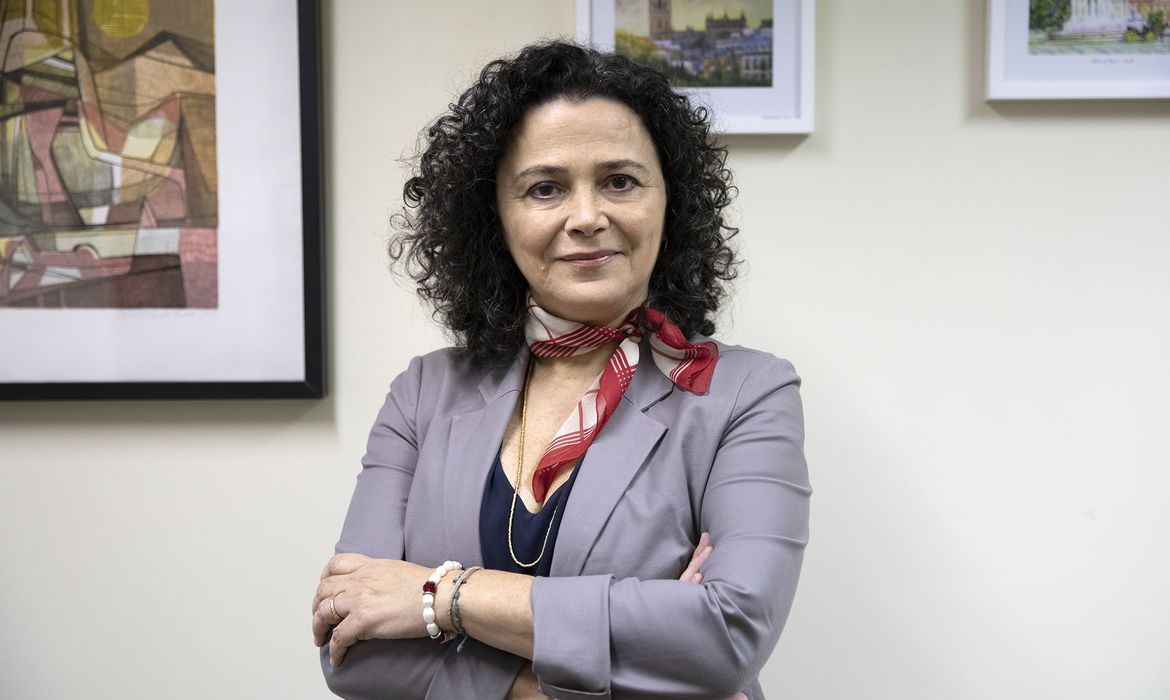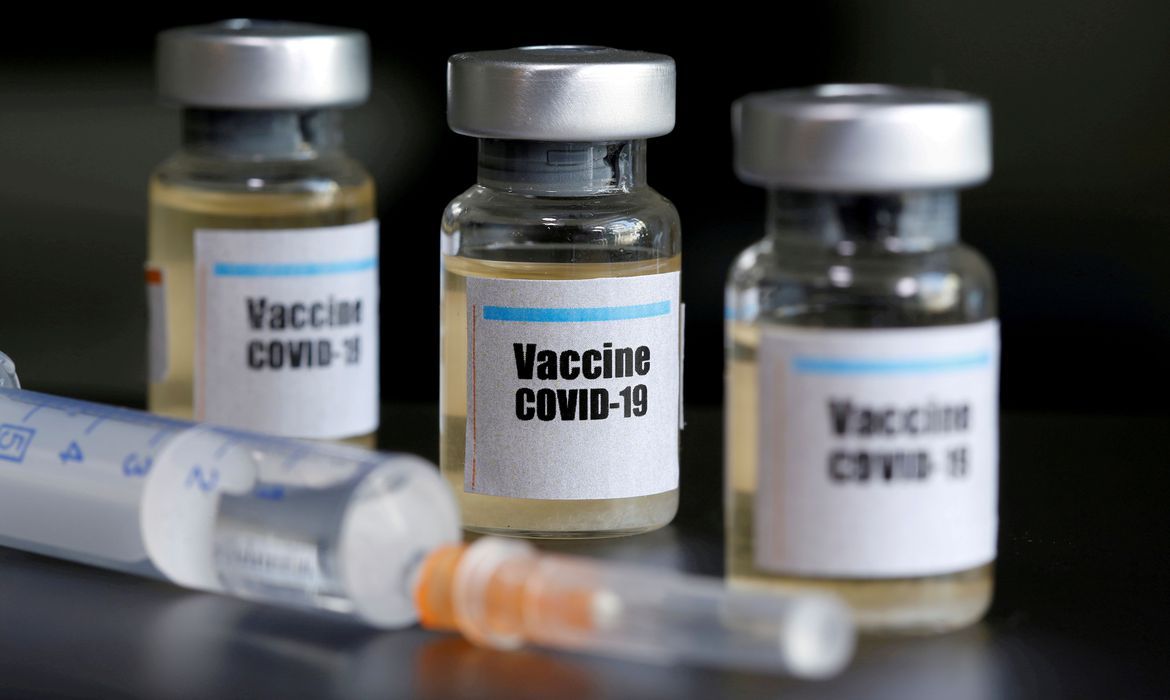RIO DE JANEIRO, BRAZIL – Brazil may be given priority in the use of the vaccine developed by Oxford University against Covid-19. The information is from the Dean of the Federal University of São Paulo (UNIFESP), Soraya Smaili.

In coming weeks, the institution will take part in the third stage of research on the English vaccine, carrying out tests on some 1,000 people living in São Paulo and working in activities with exposure to the virus.
The university’s laboratory in the United Kingdom is the most advanced in the development of a vaccine against the novel coronavirus, which should be ready within 12 months. According to Smaili, Brazil’s involvement – the first country outside the United Kingdom to take part in the vaccine’s research – places the country as a “major candidate” to use it, with priority, once its effectiveness has been proven.
“There are some talks in that direction [the country to have priority in the use of the vaccine]. We are working on that. The fact that we are joining and we are the first country outside the United Kingdom and also the first laboratory in Brazil to conduct these studies – there are no other studies like these in Brazil – turns the country into a major candidate,” she said in an interview.
According to the Dean of UNIFESP, with access to the “recipe” of the vaccine, Brazil will be able to reproduce it on a large scale in national laboratories. “Having access to the vaccine, we have large-scale production capacity, through our national laboratories such as the Butantan Institute and the Fiocruz laboratories, among others”.
Read below the interview with Soraya Smaili:
What will be UNIFESP’s role in the Oxford vaccine development process?
The vaccine was started and developed up to the stage it is in, by Oxford University. UNIFESP’s role is now to be part of Stage 3 testing, which is a stage where you apply the vaccine to human volunteers. It is an advanced development stage because it has already passed through a laboratory, through cells, it has already passed through animals, it has already passed through other clinical stages.
This is now the stage of getting volunteers who will be given the vaccine and who will be monitored for a few months to determine if the vaccine is effective, if it can protect against the coronavirus.

Why were Brazil and UNIFESP selected to take part in this testing stage?
Initially because of the leadership of Dr. Lily Yin Weckx, who is the study’s coordinator in Brazil and the laboratory coordinator of the UNIFESP Reference Center on Immunization. This center has connections with several other researchers in the United Kingdom and Europe.
And also because of Dr. Sue Ann Costa Clemens, head of the Global Health Institute of the University of Siena, and also a researcher at the UNIFESP Reference Center for Special Immunobiology. Given the experience they have in the field and the studies they have previously conducted, with a very good international reputation, our laboratory here at UNIFESP has been recommended to conduct this stage of the vaccine testing.
How can Brazilian involvement add knowledge to local scientific development?
We will learn a lot from this process. But above all, we will be able to take part in an important project that will probably, if everything goes well, lead to a vaccine against Covid-19 that can be administered to the entire population in a few months.
Will having been involved in this stage prioritize the country so that the population can be immunized?
Yes, there are some talks in that direction. We are working to this end, yes.
The fact that we are joining and we are the first country outside the United Kingdom and also the first laboratory in Brazil to conduct these studies, there are no studies similar to this one in Brazil, turns the country into a major candidate.
This vaccine has been approved by ANVISA [National Health Surveillance Agency], an agency linked to the Ministry of Health, all of which, depending on the results, and with the progress of this research, this stage of the research and the tests, we stand a good chance of having access to the vaccine.
With access, we have large-scale production capacity, through our national laboratories in fact, like the Butantan Institute, the Fiocruz laboratories, among others.
What are the deadlines for the start and end of research in Brazil?
The tests have not yet begun. This should occur around the third week of June. This will be the recruitment stage. After that, these selected volunteers will be tested.
Then, the administration of the vaccine, and the follow-up for some months, up to twelve months, so that results can be conclusive. I said up to 12 months because this period may be twelve months or may be a little less.
What would you emphasize about this process that now involves Brazil?
The importance of having Brazilian science, the federal university working to develop a vaccine, which is among the first vaccines, among the most promising ones being studied worldwide.
We are – our university is joining a global effort, a federal public university linked to the Ministry of Education – joining a global effort to achieve a vaccine that will benefit millions and millions of people. We are very proud, happy, to have a university in our country that is so well equipped with such skilled professionals, a heritage of the Brazilian people.
We must certainly stress this. Brazilian science is high-quality science and that is why UNIFESP was chosen, because of its quality, the quality of our researchers. We are in a collective effort to overcome this moment. Brazilian science will also provide its contribution and its answers.
Source: Agência Brasil

